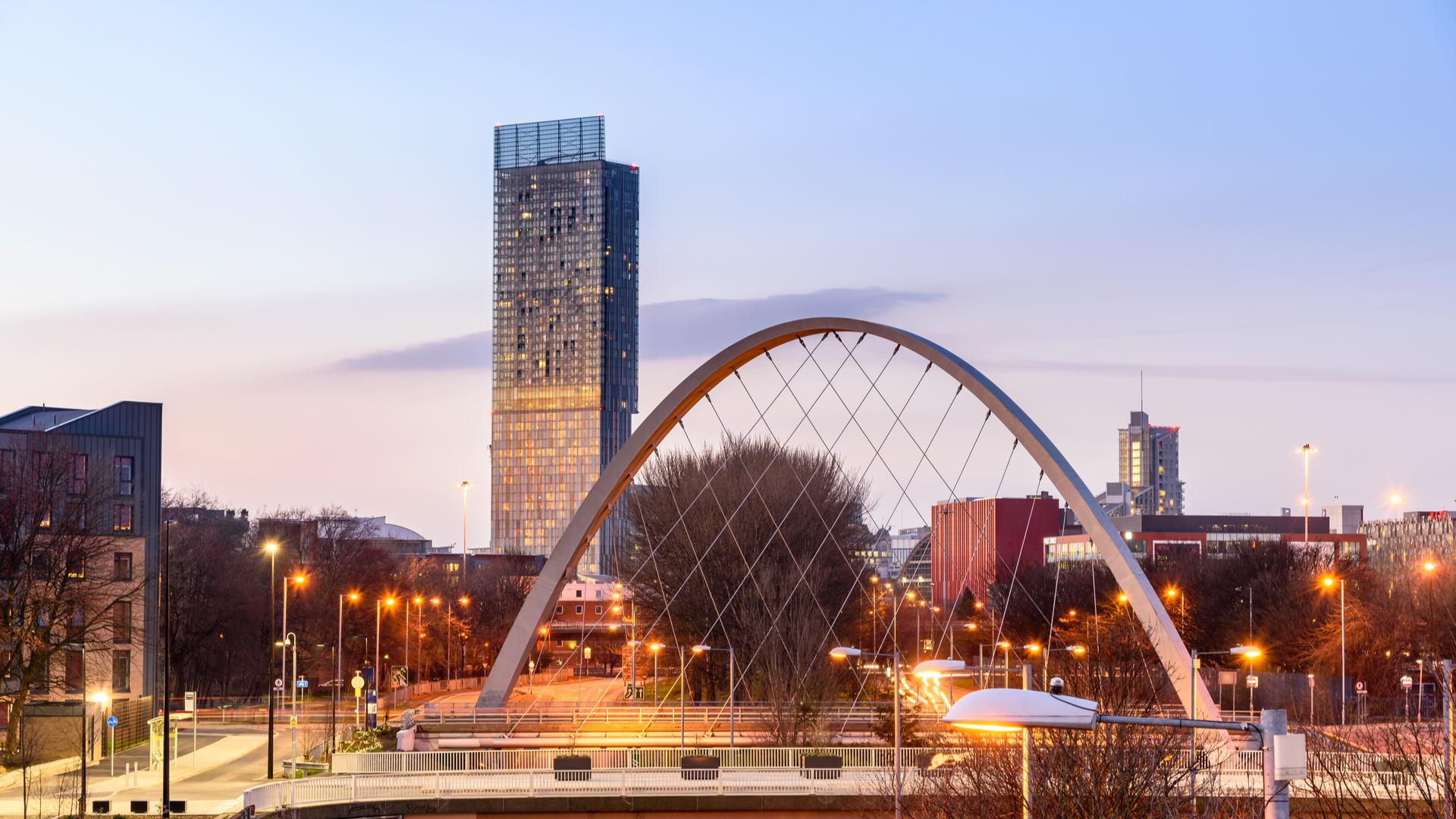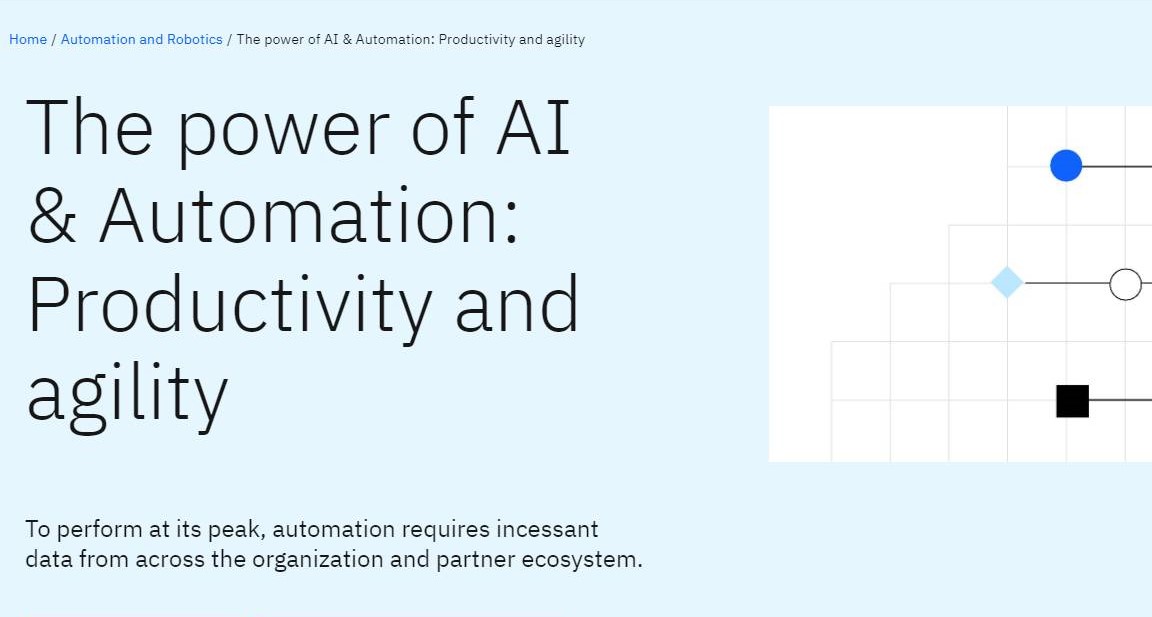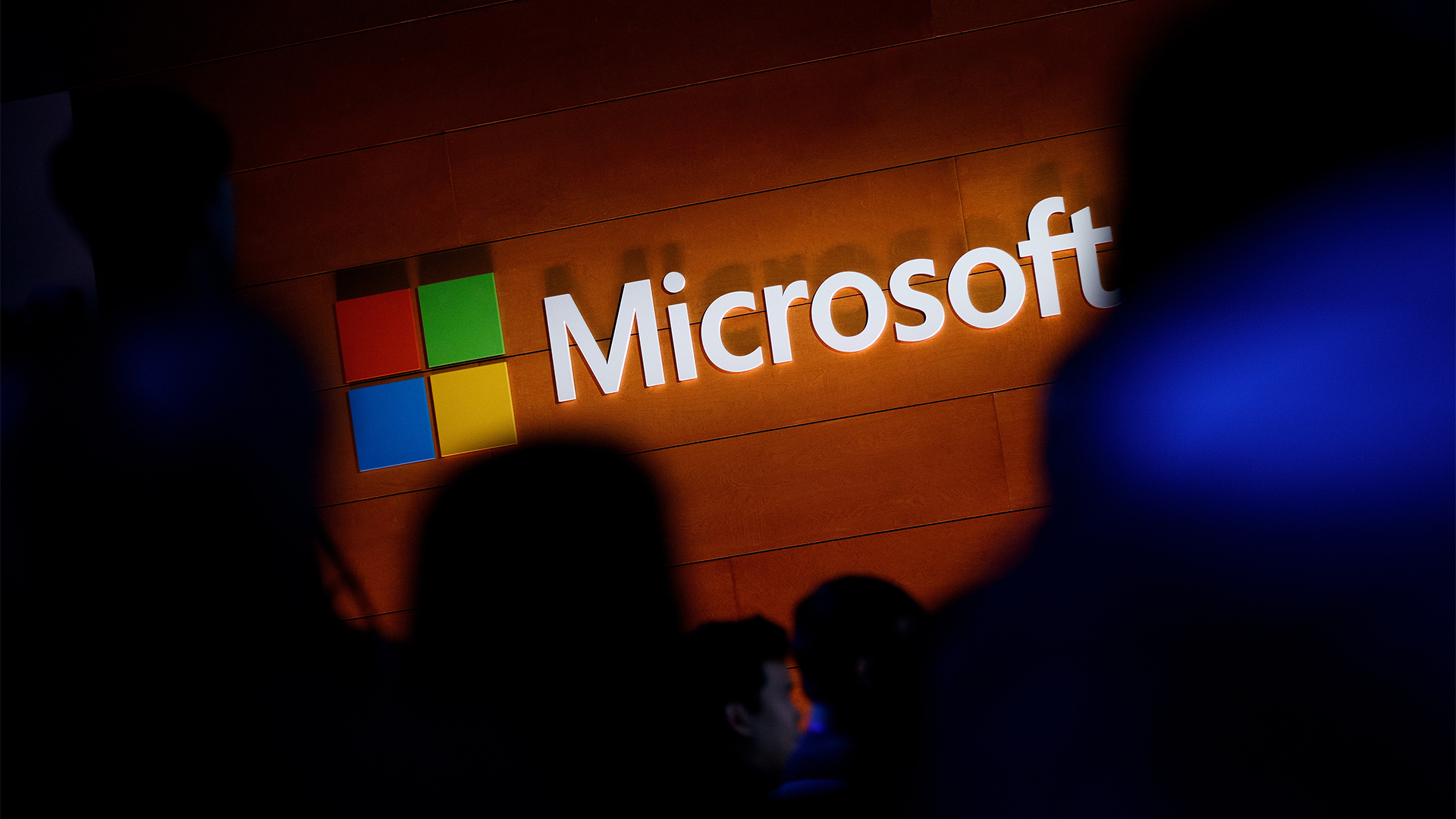Manchester named as UK's most 'AI-ready' city
The number of AI-related companies in Manchester, frequent hackathons, and plenty of jobs propel the city to the top of the table


Manchester - not Oxford or Cambridge - is the UK's most AI-ready city outside London, according to a report from AI and analytics software firm SAS.
Researchers looked at the number of AI-related companies in each city, the number of university courses in each city featuring an element of AI and the number of jobs within a five-mile radius.
They also considered the number of AI events and hackathons, along with the increase in Google searches for relevant AI solutions in the last year and the average Innovate UK grant, per business, by location.
"AI-ready cities will lead the way in being more resilient, while also meeting new urban living standards, such as meeting sustainability targets, and even making services more accessible to people living with disabilities," said Glyn Townsend, senior director of education services at SAS for Europe, the Middle East and Africa.
The SAS AI Cities Index 2024 found Manchester has the highest number of AI-related companies, along with the most hackathons, and a large number of AI-related jobs within a five-mile radius.
Meanwhile, Cambridge and Oxford fell to positions nine and 16 respectively.
Salford, in Greater Manchester, showed the biggest improvement in AI readiness, jumping 68 places to take third spot. In total, over £100 million has been awarded to businesses in Salford from Innovate UK, the UK’s innovation agency.
Sign up today and you will receive a free copy of our Future Focus 2025 report - the leading guidance on AI, cybersecurity and other IT challenges as per 700+ senior executives
Bottom of the AI readiness list was Truro, followed by Newry and Peterborough, despite its proximity to Cambridge.
SAS also looked at the AI-readiness of all London boroughs, finding that Camden, home to University College London (UCL) and University of London, topped the list, beating the likes of Westminster, Southwark, and Hackney. Kensington and Chelsea, which came last in 2023, rose to position 18, while Bexley came last.
The report stressed the importance of looking outside the obvious locations to maximize the chances of recruiting qualified staff.
"With 80% of UK organizations struggling to recruit applicants with suitable skills, if they do not have adequate tech talent, businesses face the challenge of how to remain competitive in an increasingly tech-driven world," Townsend warned.
RELATED WHITEPAPER

"And if they then cluster in regions and cities with talent, it could risk deeper regional inequalities. All cities need to be prepared to play their part - addressing digital and data literacy gaps, securing support to apply for investment, and ultimately, helping drive the future economy."
Manchester has seen a number of AI innovations and initiatives in the last year - not least, a partnership between Manchester United and Manchester Metropolitan University aimed at improving the performance of their teams through an analysis of where improvements can be made to help the team’s coaches.
It was recently named as the fastest-growing tech hub in the north of England, after companies in the region raised more than half a billion pounds worth of funding in 2022.
According to government figures, the city hosts more than 60,000 tech workers across more than 1,600 startups and scaleups.
Emma Woollacott is a freelance journalist writing for publications including the BBC, Private Eye, Forbes, Raconteur and specialist technology titles.
-
 The six biggest security challenges coming in 2026
The six biggest security challenges coming in 2026In-depth What will be the main challenges businesses face in 2026 and what can they do to prepare?
-
 Channel focus: All you need to know about Microsoft's partner program
Channel focus: All you need to know about Microsoft's partner programChannel Focus The veteran OS developer and vendor continues to advance its strategy, particularly in Azure cloud solutions and AI
